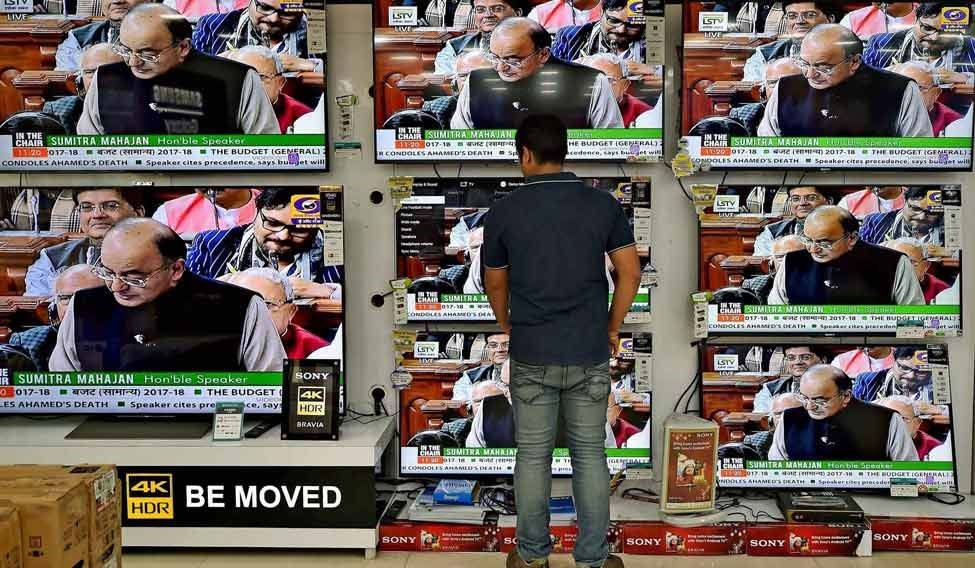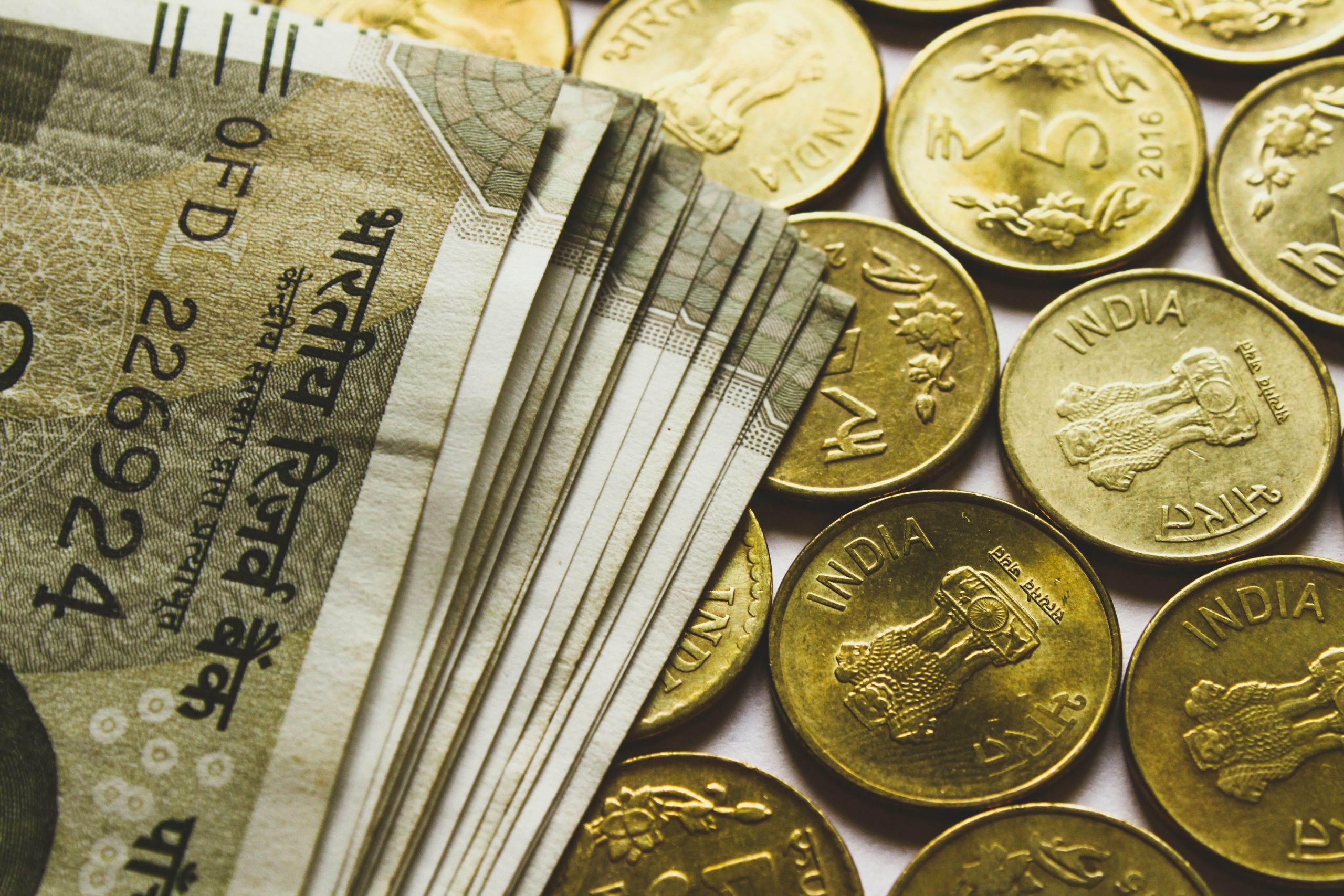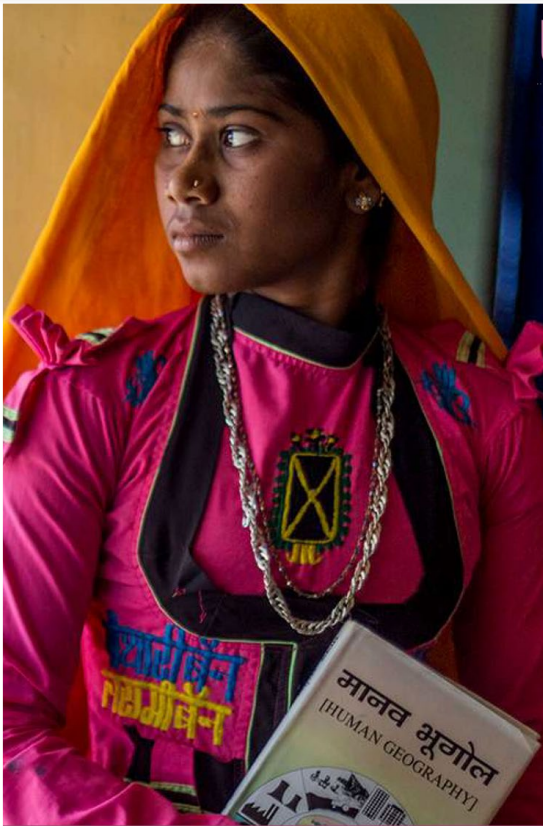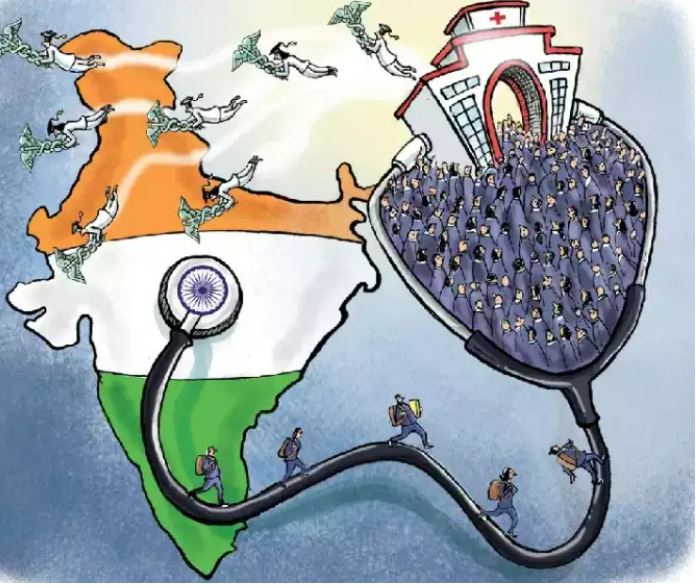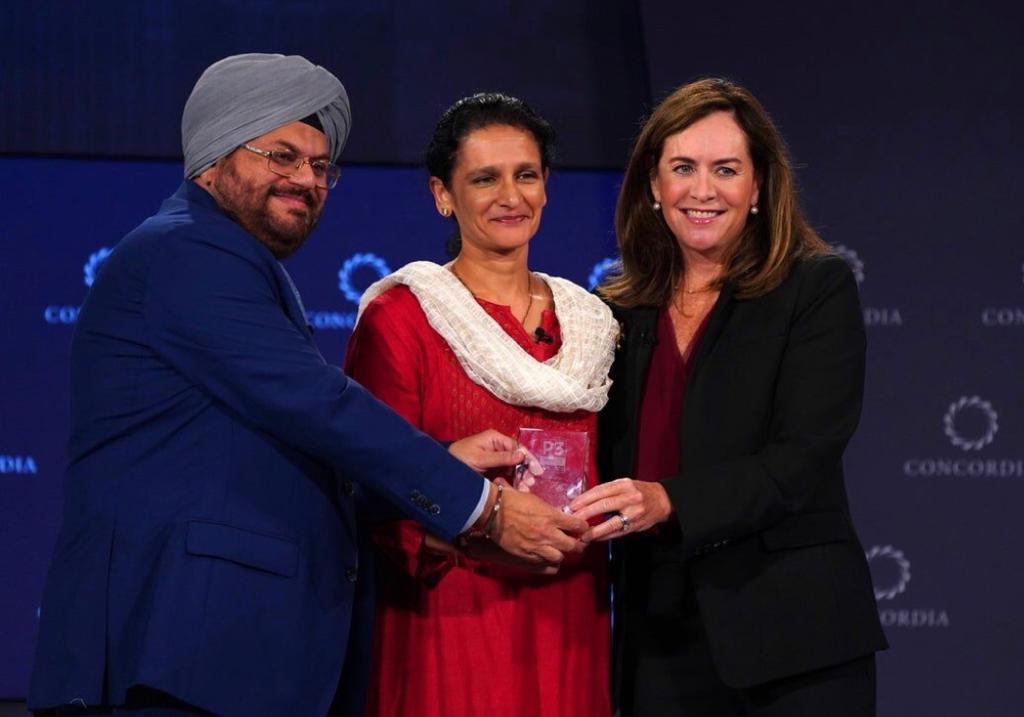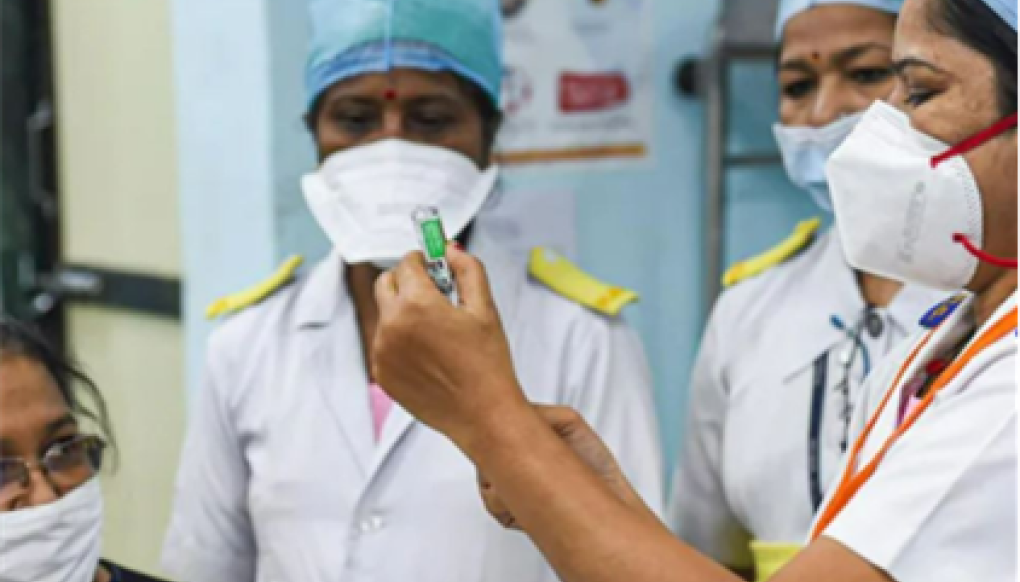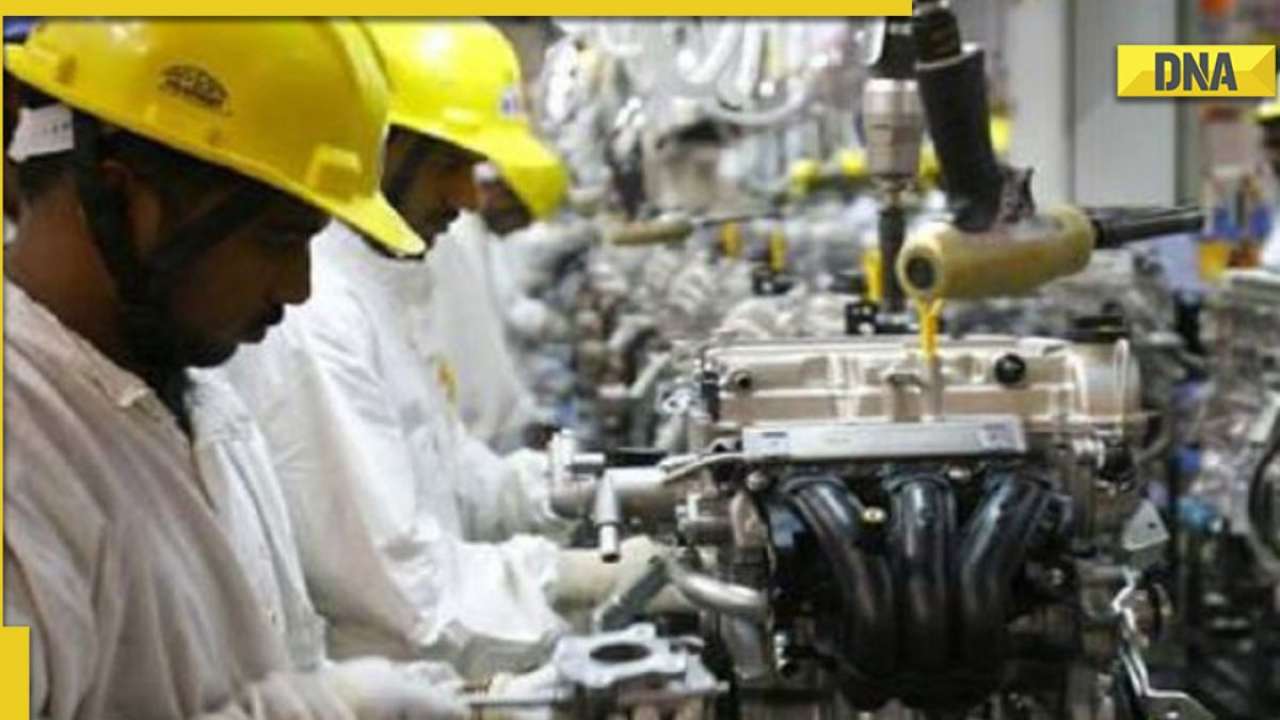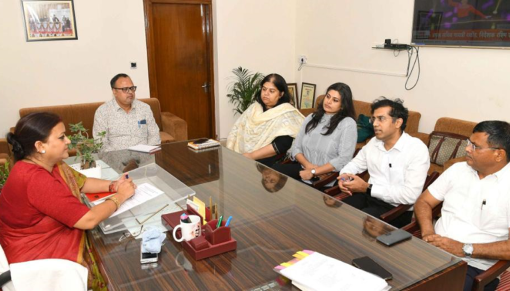It was a big day for government’s flagship schemes, especially digital India and skill India. Finance Minister Arun Jaitley’s budget underlines the fact that these schemes are not mere slogans, but the government seriously intends to implement them. Not just outlays, the finance minister seems to have a concrete plan in place. Take for example digital India. While digital inclusion has been on government’s agenda for the past couple of months, the budget has furthered the direction of digital initiatives. Nothing much had happened so far on digital infrastructure, but Jaitley’s announcement on Bharat Net gives some hope that digitally enabled villages could soon become a reality.
High-speed broadband on optical fibre will be available in over 1.5 lakh gram panchayats with hotspots and access to digital services at low tariffs. The government will also launch a ‘Digi Gaon’ initiative to provide telemedicine, education and skills through digital technology. Considering that broadband infrastructure is necessity for a cashless country, the allocation for Bharat Net has been stepped up to Rs 10,000 crore in 2017-18. Around 1,55,000 km worth of optical fibre has so far been laid under the project. Bharat Net, a project started by the previous government, has seen several postponement of deadlines.
The government also announced two incentive schemes to boost digital payments via BHIM app. Over 125 lakh people are already using the app. Two schemes have been announced to improve its usage—first is referrals to individuals and secondly a cashback to merchants who use the payments app. Additionally the government plans to bring Aadhaar-based payments facility for merchants. Excise duty will be exempted on various point of sale (POS) machines and iris readers to encourage digital payments. Further, the government will also set up a payment regulatory board in RBI to regulate electronic payments. The service charge on e-tickets booked through IRCTC will also be withdrawn.
“We are also creating an ecosystem to make India a global hub for electronics manufacturing. Over 250 investment proposals for electronics manufacturing have been received in the last two years, totalling an investment of Rs 1.26 lakh crores,” said Jaitley. A number of mobile phone companies have set up manufacturing units in the country. Allocation for incentive schemes like M-SIPS and EDF has been raised to Rs 745 crore in 2017-18.
Skill India—the skilling programme of the government saw huge impetus in Jaitley’s budget. To begin with, a Rs 4,000 crore scheme called Sankalp has been announced. Sankalp (Skill Acquisition and Knowledge Awareness for Livelihood Promotion Programme) would be put in motion in the coming fiscal. It will provide market relevant training to 3.5 crore youths.
Besides, Pradhan Mantri Kaushal Kendras will be increased from 60 to over 600. The other major initiative on the skill development front he announced was the establishment of 100 India International Skills Centres (IISC). These centres will offer advanced training and courses in foreign languages. This will help those who seek job opportunities outside the country.
“Push towards knowledge based economy has occupied central space in government’s vision. This year’s budget makes it very clear by extending the number of districts covered under Pradhan Mantri Kaushal Kendras (PMKK) from 60 to over 600 and establishment of 100 India International Skills Centres. With the launch of SWAYAM, STRIVE and SAKSHAM as part of the government’s efforts towards job creation, the youth of India will have access to sustained livelihood,” says Shalender Sharma, Vice President, Education and Skill Development, IPE Global.




